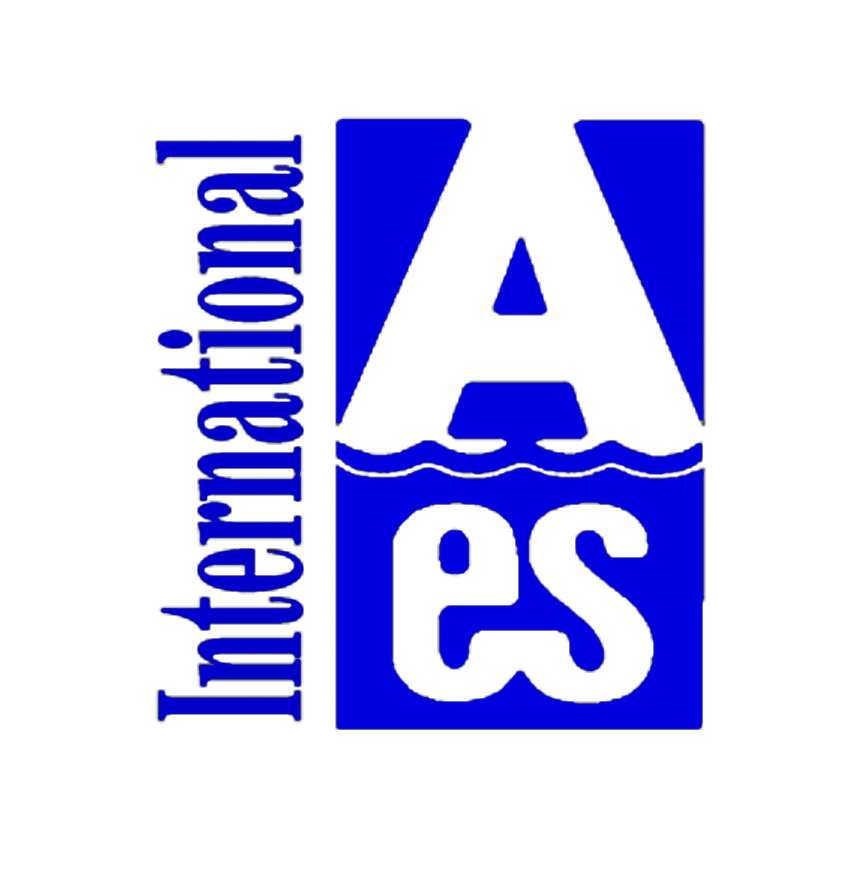February

Zsuzsanna Szeles, Ph.D.
Associate Professor of Finance at the Budapest Metropolitan University (Hungary)
For our February 2019 member of the month, the International Atlantic Economic Society welcomes Associate Professor Zsuzsanna Szeles. Dr. Szeles is an Associate Professor of Finance at Budapest Metropolitan University and first joined the IAES in 2016 at the 82nd International Atlantic Economic Conference in Washington. In 2006, Professor Szeles received her Ph.D. in Management and Business Sciences from Szent Istvan University (Hungary). Her research focuses on household savings, value methodology, innovation, corporate finance and bank accounting. She teaches students across the spectrum, from undergraduate to Ph.D. level. She supervises Ph.D. students at University of Sopron and Szent Istvan University. Since 2013, she has been a member of the Society of Hungarian Value Analysts where she was elected vice president in 2016. In 2018, she became a member of SAVE International, an international society devoted to methodologies for advancing value and innovation.
Why did you become a member of the International Atlantic Economic Society?
I was looking for a scientific organization that attracted economists and researchers from different areas of the economy and where I could learn about other research topics. Each person has a specific field of research, but everything is correlated. It is often beneficial to listen to results from other disciplines to get a glimpse into new research areas, because it inspires our work.
Attending a scientific conference is a good opportunity to meet other researchers in similar fields, but becoming a member of an organization provides more possibilities. As the location changes every time, you can get to know people in other parts of the world. Duality is characterized by conferences. There are both permanent participants as well as new performers. We meet each year or sometimes twice per year as an IAES family member. The new participants provide novelty at each conference.
What types of projects/research are you currently working on and what inspired/motivated you to pursue these interests?
Currently, I am working on two projects dealing with household savings and corporate innovation methods. For household savings, the results focus on the factors influencing how the young university student generation plans and what their intentions are with their savings in different countries. The other area of my research is in value methodology and innovation management, which significantly helps companies recognize hidden reserves needed for competitiveness and sustainable growth and, therefore, performance, efficiency, and profitability. In recent decades, some industry business models have changed. Opportunities to grow revenue are not what they used to be, which adds to the allure of efficiency for efficiency’s sake. It is important to increase production, revenue, profit and decrease expenditures. The largest return with the smallest investment achieves efficiency. The advancement of digitization presents new challenges to economists in every area. To be able to adapt to a changing business environment, you must know the ‘value’. Function analysis is part of the value methodology and helps to increase efficiency.
What advice would you give to someone who is considering entering your line of work/field of study?
This is not a simple question. It depends on the researcher. Many years ago I started my scientific work as a Ph.D. student. I remember it was a difficult decision whether to start my professional life as an economist outside the university environment or stay at the university and build science. I was wondering how to solve different financial problems. So my advice is: ‘Be wondering and persistent’. These are important skills in research.
Going forward, what other projects/research are you looking to or hoping to pursue?
I would like to have a deeper understanding about the relationships among disciplines. I know well only one narrow area of science, and in my opinion, everything is correlated.
What’s your favorite hobby?
I love traveling and tapestry embroidery. Traveling means new, unknown cultures and people for me. I think learning about new cultures develops one’s personality and I can learn practical methods and new habits. Tapestry embroidery is totally relaxing for me.

